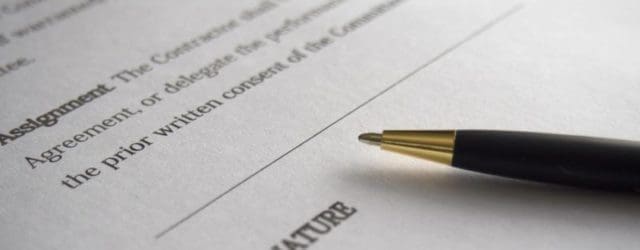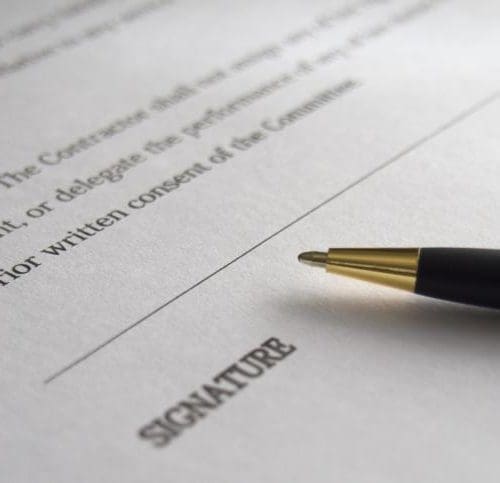Disputes under NEC3 – The Fraserburgh Harbour Commissioners v McLaughlin & Harvey Limited
February 2021In the Fraserburgh Harbour Commissioners (the “Authority”) v McLaughlin & Harvey Limited (“MHL”), the Scottish Court of Session confirmed that, under clause W2 of the NEC3 Engineering and Construction Contract, a dispute must first be heard and decided by an adjudicator before it is referred to a court or tribunal.
Facts
The Authority appointed MHL in November 2012 to carry out works to deepen the North Harbour of the Fraserburgh Harbour (the “Project”). The contract was an NEC3 Engineering and Construction Contract (June 2005) (with amendments June 2006) (the “Contract”). Clause W2.1 of the Contract provides that:
“A dispute arising under or in connection with this contract is referred to and decided by the Adjudicator. A Party may refer a dispute to the Adjudicator at any time.”
And Clause W2.4 (1) – (3) states that:
“(1) A Party does not refer any dispute under or in connection with this contract to the tribunal unless it has first been decided by the Adjudicator in accordance with this contract.
(2) If, after the Adjudicator notifies his decision a Party is dissatisfied, that Party may notify the other Party of the matter which he disputes and state that he intends to refer it to the tribunal. The dispute may not be referred to the tribunal unless this notification is given within four weeks of the notification of the Adjudicator’s decision.
(3) The tribunal settles the dispute referred to it…”
Following completion of the works, the Authority alleged a number of defects and argued that the works had not been carried out in conformity with the Contract. It claimed damages in excess of £7 million. It chose not to refer the matter to adjudication, but instead instigated court proceedings.
MHL contended that it was mandatory under clause W2 of the Contract to take the matter to adjudication prior to referring the dispute to any court or tribunal.
The Authority contended that the jurisdiction of the Court was not removed by the contractual dispute resolution procedures. Rather, the action for damages was a means of preventing extinction of the claims by effluxion of time, whilst the extent of the claim had been under investigation.
Judgment
Lady Wolffe found in favour of MHL and dismissed the action.
She held that adjudication was a mandatory first step that must be taken before bringing any further proceedings in the courts or by way of arbitration.
The Court rejected the Authority’s argument that the action should be formally paused to allow adjudication and if necessary, arbitration, to take place. It accepted the possibility that in the event the action for damages was dismissed, the Authority’s claim could be time barred. However, it did not agree that this was a good reason for the Court to entertain the action for damages.
Comment
Although a Scottish case, this judgment is likely to be followed by the English courts and therefore has important ramifications. It appears that the courts will give effect to the widely used dispute resolution provisions in the NEC3 ECC contract. This is consistent with a number of recent decisions that we have seen in the English courts which have given effect to the express words of a contract agreed by parties.
Contractors and employers who have adopted clause W2 and fail to adjudicate prior to instigating court or arbitral proceedings, risk falling foul of the contractual provisions and incurring needless litigation costs.
Download PDF








